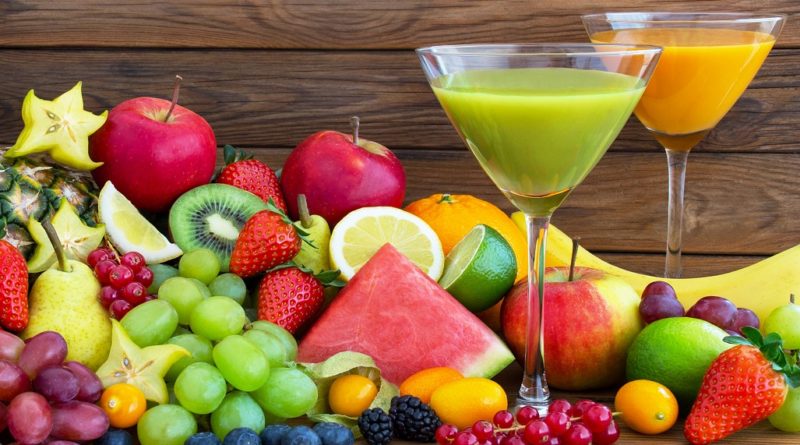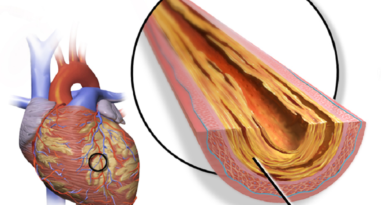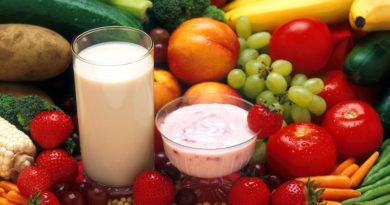The Health Benefits of Juicing
With all the health trends out there, it’s hard to know what types of dietary and nutritional practices really benefit one’s health and which are simply passing fads. One practice that has received a lot of attention of late is juicing. At first, it seems like a healthy idea and a way to get more fruits and vegetables into one’s diet. Drinking a glass of nutrient-rich fruit or vegetable juice is quick and convenient, and many juice recipes are quite a bit tastier than a plate of regular steamed vegetables or plain, whole fruits. Yet there are those who have become too enthusiastic about the concept and have even been damaging their health as a result.
If you’re interested in improving your diet through juicing, you should thoroughly research your new dietary regime before implementing it so that you are 100 percent certain that it will bring nothing but benefits to your body and to your everyday eating routine. Consider the following advantages and disadvantages of getting your nutrients through juicing:
Advantages
- Get more fruits and vegetables- Many of us have real problems getting accustomed to eating fruits and vegetables. While sometimes it’s just a childhood thing, some people even grow into adulthood without really enjoying fruits and vegetables. Those who do not like to eat fruits, vegetables, or both can rely on juicing to present vegetables and fruits to themselves in a different way that is often more palatable than eating whole fruits and vegetables.
- Nutrient absorption- One of the most commonly heard arguments in favor of juicing is that it allows the body to absorb the nutrients in fruits and vegetables more fully and more easily. While there is no conclusive proof out there that squeezed juices are more healthy than the natural juices your body takes in when you eat fresh fruits and vegetables, it’s true that heating and processing many fruits and vegetables through cooking can damage many of a food’s nutrients, so juices are in some cases preferable in terms of vitamin and nutrient intake.
- Convenience- Juices are quick and easy to consume once they are prepared, and they often offer a highly convenient snack solution when you are out and about. With many juice stands and chain restaurants opening- especially in urban areas- juices can offer a great way to quickly get a healthy, hearty portion of vegetables or fruits in minutes.
Disadvantages
- Taking in less fiber- Unfortunately, the healthy fiber found in most vegetables and fruits are typically lost in the process of mixing up a glass of juice. It’s important to keep this fiber in your diet in one form or another, so remember that you need to make up for the fiber that you’re missing out on while juicing in another meal during the day.
- Juices don’t keep well- Squeezed juices tend to go bad quickly, and they are susceptible to serving as a breeding ground for potentially harmful bacteria if left to sit a few days.
- Time and money- Juicing can cost you money in terms of equipment and supplies. It’s quick and convenient to buy prepared juices from a store or restaurant that specializes in juice drinks. However, mixing juices yourself typically requires you to purchase a juicer- which can be quite expensive- and all of the separate ingredients that go into the juices you make. Juicing therefore often requires a great deal of time and money.




